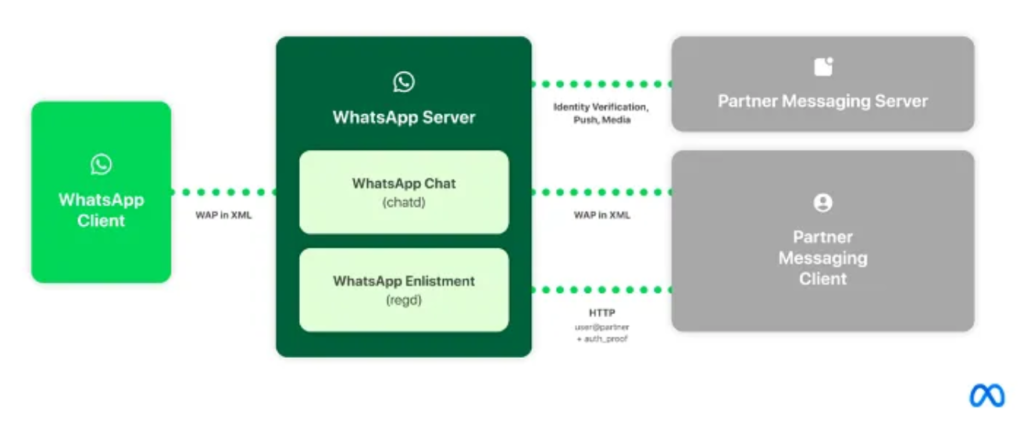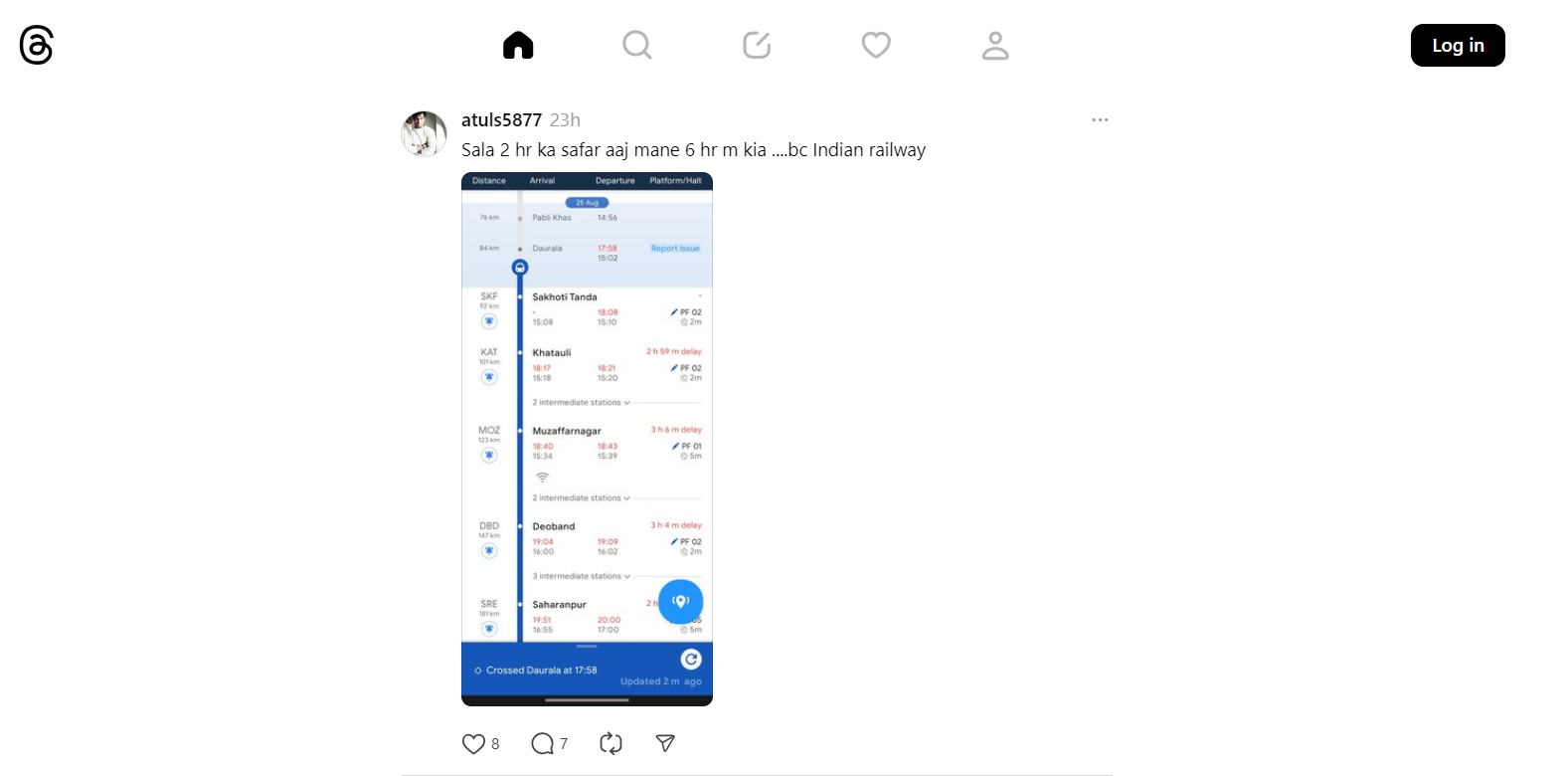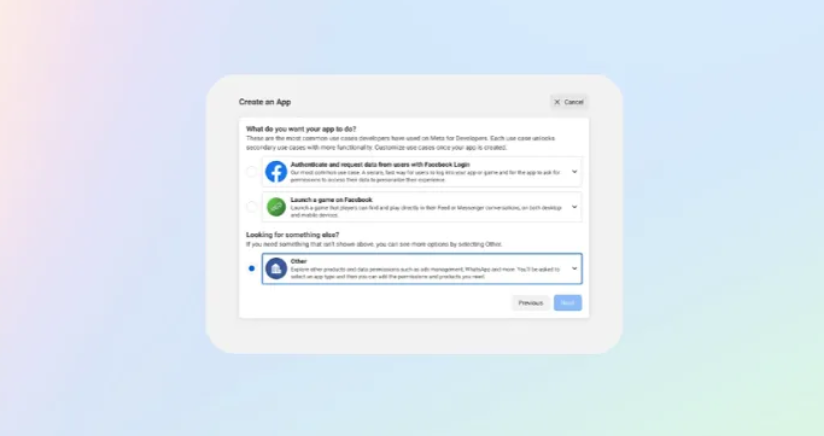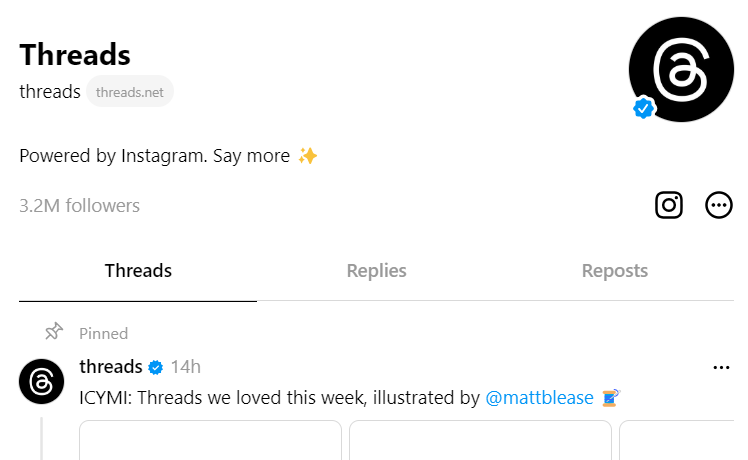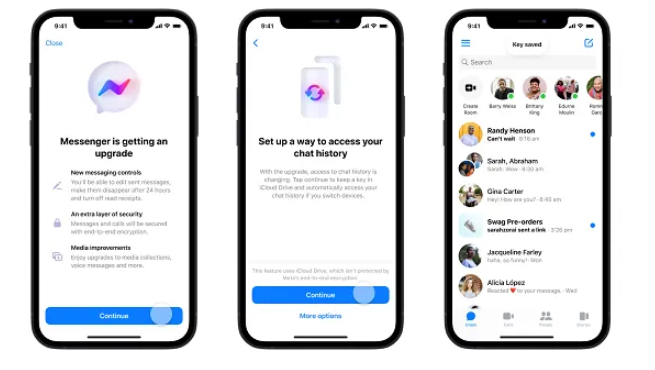Meta is responding to new E.U. anti-monopoly regulations by updating Messenger and WhatsApp, enabling users to receive messages from non-Meta services. This move towards messaging interoperability, outlined on the Meta Engineering blog, aims to foster a more open messaging ecosystem. However, third-party providers must meet stringent connection standards and maintain full end-to-end encryption, ensuring user privacy and security.
The E.U. Digital Markets Act promotes fair competition in the messaging space, preventing monopolistic dominance. Meta’s compliance with these regulations reflects a broader shift towards transparency and user empowerment in the digital landscape. As Meta rolls out interoperability features for 1:1 messaging, image sharing, voice, and video, the potential impact on user behaviour and messaging platform preferences remains uncertain.
While the regulatory framework encourages openness and innovation, challenges persist in achieving seamless platform interoperability. Established habits and preferences may influence user adoption of cross-platform messaging. Meta’s efforts to balance regulatory compliance with user experience will shape the future of messaging dynamics in the European market and beyond.

